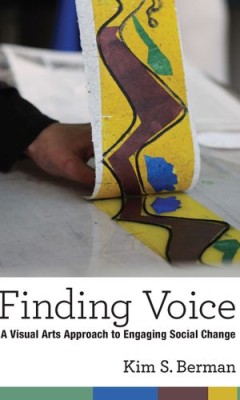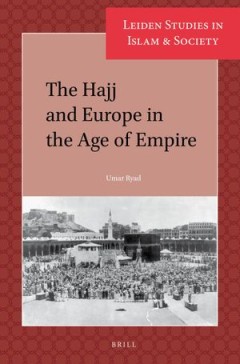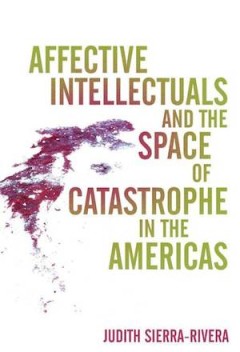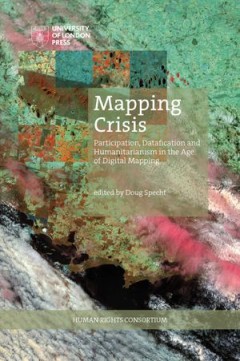Filter by

Finding Voice: A Visual Arts Approach to Engaging Social Change
In Finding Voice, Kim Berman demonstrates how she was able to use visual arts training in disenfranchised communities as a tool for political and social transformation in South Africa. Using her own fieldwork as a case study, Berman shows how hands-on work in the arts with learners of all ages and backgrounds can contribute to economic stability by developing new skills, as well as enhancing pu…
- Edition
- -
- ISBN/ISSN
- 9780472900718
- Collation
- -
- Series Title
- -
- Call Number
- 300 BER f

The Hajj and Europe in the Age of Empire
The present volume focuses on the political perceptions of the Hajj, its global religious appeal to Muslims, and the European struggle for influence and supremacy in the Muslim world in the age of pre-colonial and colonial empires. In the late fifteenth century and early sixteenth century, a pivotal change in seafaring occurred, through which western Europeans played important roles in politics…
- Edition
- -
- ISBN/ISSN
- 9789004323346
- Collation
- -
- Series Title
- -
- Call Number
- -

Affective Intellectuals and the Space of Catastrophe in the Americas
Most importantly, the book shows how literature constitutes an alternative public sphere for Black people. In a society largely controlled by white supremacist actors and institutions, Black authors have conjured fiction into a space where hard questions can be asked and answered and where the work of combatting collective, racist suppression can occur without replicating oppressive hierarchies…
- Edition
- -
- ISBN/ISSN
- 9780814213780
- Collation
- -
- Series Title
- -
- Call Number
- 362.9 SIE a

Global Health Research in an Unequal World
This book is a collection of fictionalised case studies of everyday ethical dilemmas and challenges, encountered in the process of conducting global health research in places where the effects of global, political and economic inequality are particularly evident. It is a training tool to fill the gap between research ethics guidelines, and their implementation 'on the ground'. The case studies,…
- Edition
- -
- ISBN/ISSN
- 9781786390042
- Collation
- -
- Series Title
- -
- Call Number
- -

Ontological Terror: Blackness, Nihilism and Emancipation
In Ontological Terror Calvin L. Warren intervenes in Afro-pessimism, Heideggerian metaphysics, and black humanist philosophy by positing that the "Negro question" is intimately imbricated with questions of Being. Warren uses the figure of the antebellum free black as a philosophical paradigm for thinking through the tensions between blackness and Being. He illustrates how blacks embody a metaph…
- Edition
- -
- ISBN/ISSN
- 9780822370727
- Collation
- -
- Series Title
- -
- Call Number
- -
 Computer Science, Information & General Works
Computer Science, Information & General Works  Philosophy & Psychology
Philosophy & Psychology  Religion
Religion  Social Sciences
Social Sciences  Language
Language  Pure Science
Pure Science  Applied Sciences
Applied Sciences  Art & Recreation
Art & Recreation  Literature
Literature  History & Geography
History & Geography